
Our Blog
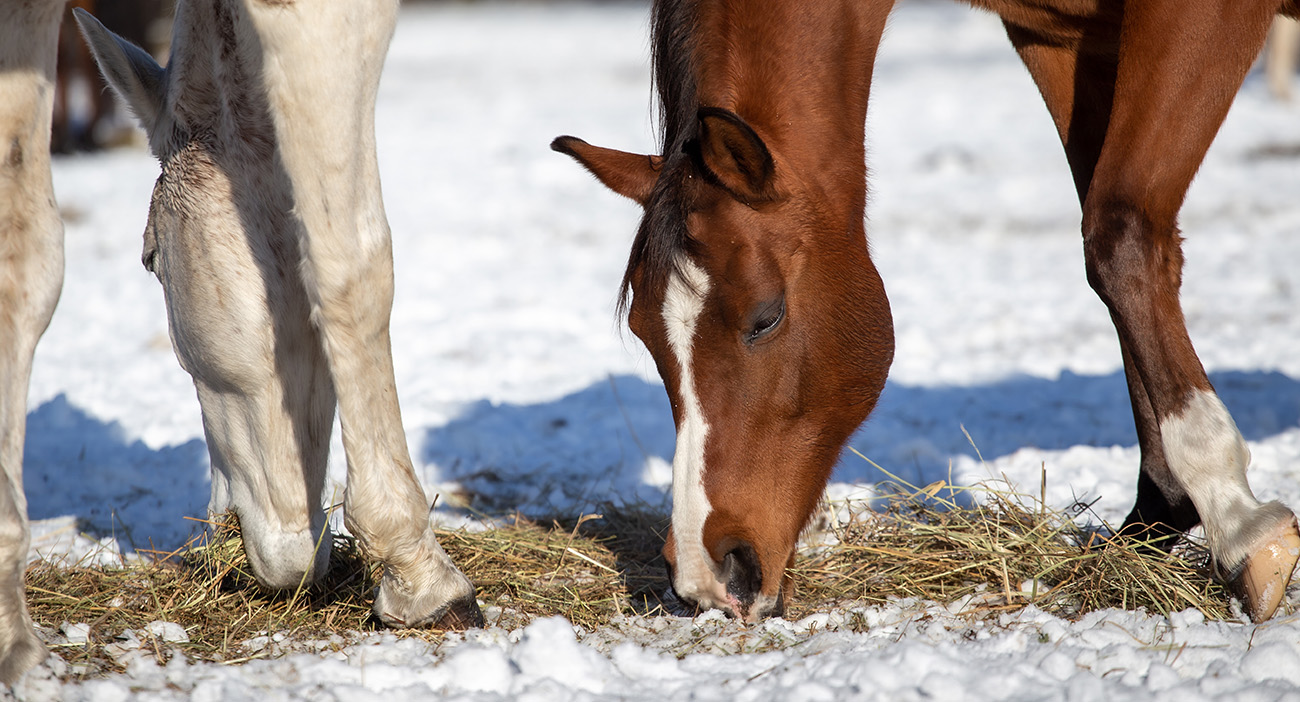
November 7, 2022
Winter Feeding Tips For Horse Owners
Knowing what to feed your horse can be a minefield in itself, especially for the fussy eaters, or those who get “fizzy” yet don’t maintain their weight well. So when it comes to feeding in winter, this can become even more difficult.
We always recommend speaking to an equine nutritionist if you are ever in any doubt, but there are some things you can do to ensure your horse is getting the correct nutrition during the colder months, and maintaining their weight.
Give your horse ad-lib forage
A horse’s gut works best when they are fed a high-fibre diet, and their digestive system is designed for them to be grazing for the majority of the day. By feeding them ad-lib forage, you are maximising this opportunity for them, especially when there is less grass and/or turnout for your horse.
Feed for work, temperament, age, condition, and ability to maintain weight
Some horses will naturally maintain their weight well over winter. Others will drop weight at the first signs of the cold settling in, and these will have different nutritional needs. Additionally, a horse going into winter on the heavier side (such as native ponies) may need little to no hard feed in contrast to a fit competition horse who is kept on the leaner side.
If your horse will be working less over winter, you will need to gradually reduce their feed (and therefore energy intake) to reduce the chances of them becoming overweight. If they are kept in the same level of work, they may need the same or even more feed to maintain their weight in the colder months. This is because, the colder it is, the more energy it takes to stay warm.
Feeding requirements will also be dependent on a horse’s age. The older the horse is, the harder it is for them to maintain weight, and equally younger horses need more energy to help with their growth. Both will need more feed than other horses.
Also, if your horse is stabled, will they feel “fresher” or “fizzy”? If so, you may need to feed less, or feed a different type of feed if they have spent the summer turned out 24/7.
Purchase forage from a supplier who analyses the contents of their hay/haylage
As different horses need different energy requirements, you want to know that your horse is getting the correct amount of energy from their feed. Knowing the water-soluble concentrate (sugars) % within your hay/haylage will help with this, and you will know that you are not feeding the incorrect forage for their age/work/type.
Consider your bedding choices
If your horse puts weight on easily, and they are stabled, bedding choice is essential. By choosing bedding such as shavings or wood pellets rather than straw, your pony is less likely to eat their bedding and get those extra calories. Additionally, a horse or pony that eats straw, and eats too much too quickly, could be at a higher risk of colic!
Make changes to feed, gradually
We recommend making changes to feed, including quantities of feed over a course of 2-4 weeks (one week as an absolute minimum). This gives your horse’s gut a chance to adapt, reducing the risk of colic.
Make sure your horse has constant access to fresh clean water
Access to water is essential to allow your horse to rehydrate. Despite the colder weather, horses will still lose water through sweat, and it is important that they have the chance to replenish this.
Consider worming your horse, especially if you are worried about their weight
If your horse has lost weight recently (outside of what you would expect), could they have a worm burden? Traditionally, late Autumn is the time to worm for roundworm, tapeworm and bots, so worming your horse may be necessary to remove the worms and allow them to put weight on. That said, worm resistance is becoming a problem, you can get a worm count done, and this will give you an indication of whether or not you need to worm your horse.
~
In summary:
Ensure your horse has access to ad-lib forage
Consider all the different factors (age, weight, amount of work, ability to maintain weight) when feeding your horse
Purchase forage from a supplier who analyses the contents of their hay/haylage
Consider your bedding choices
Make changes to feed gradually
Make sure your horse has constant access to fresh clean water
Consider whether or not your horse needs worming

April 4, 2024
Eat, Sleep, Compete, Repeat
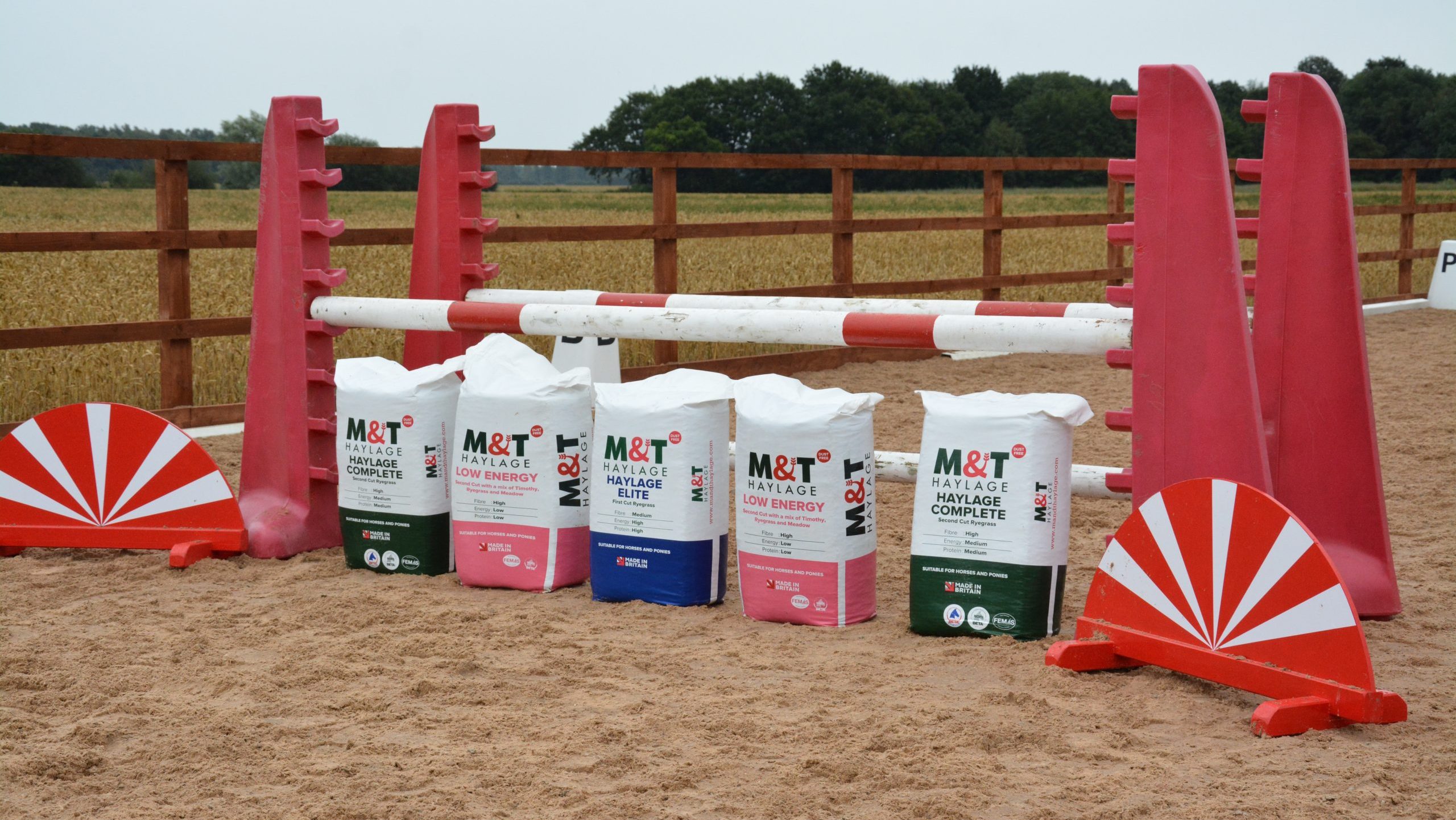
March 8, 2024
Top Tips For Managing Forage On The Go: Part Two

March 8, 2024
Consistency Is Key for Horses
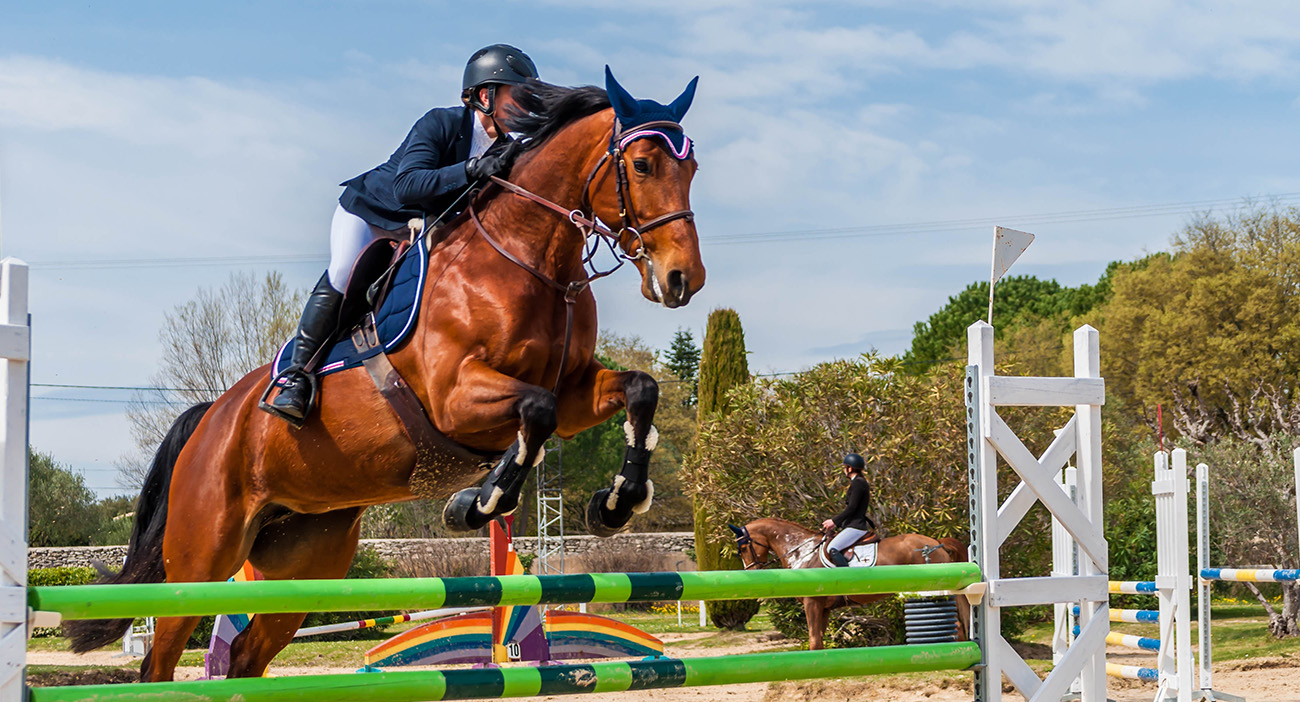
February 19, 2024
Don’t Underestimate The Value of Preparation
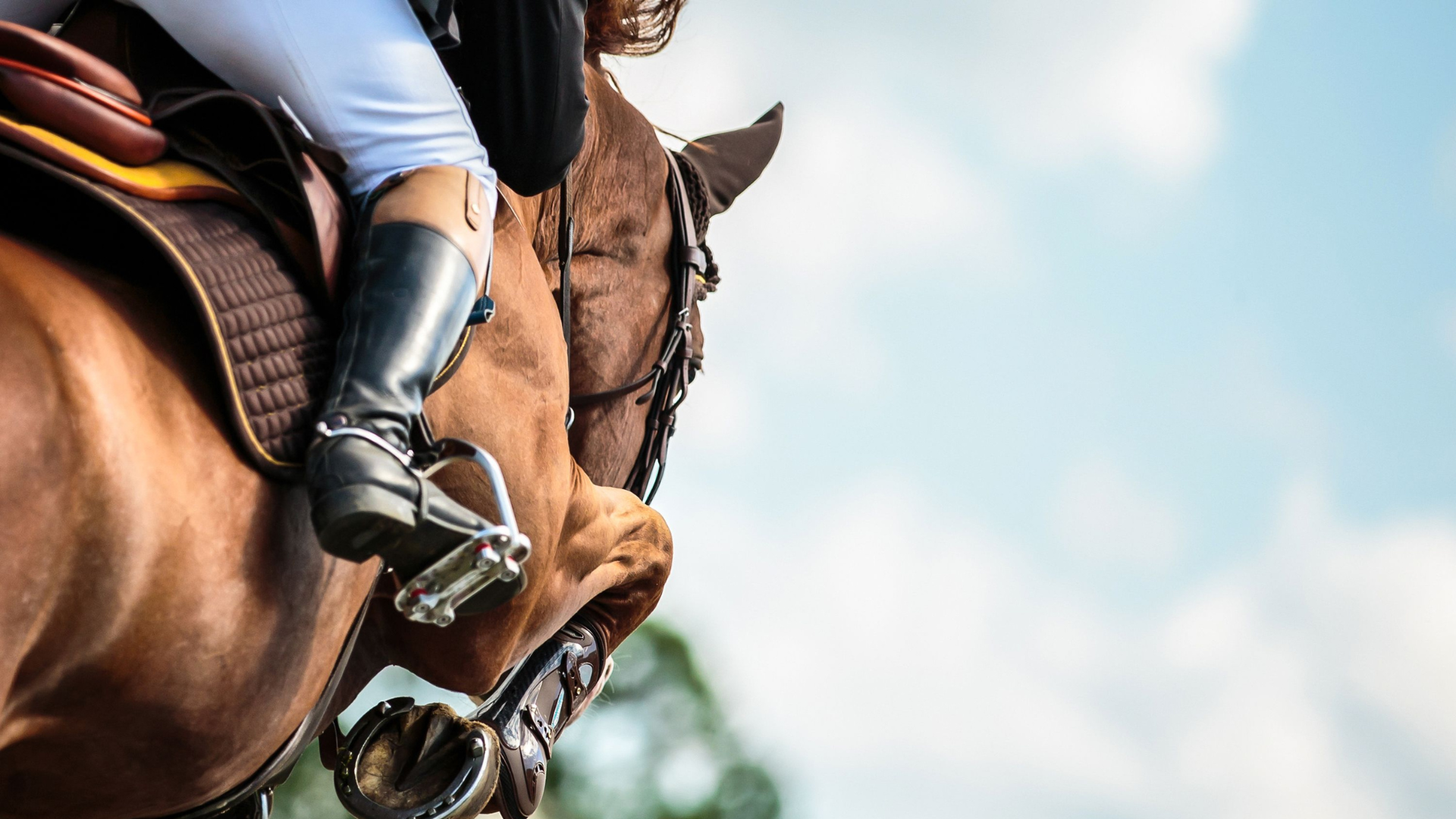
February 6, 2024
Know Your Horse Inside Out
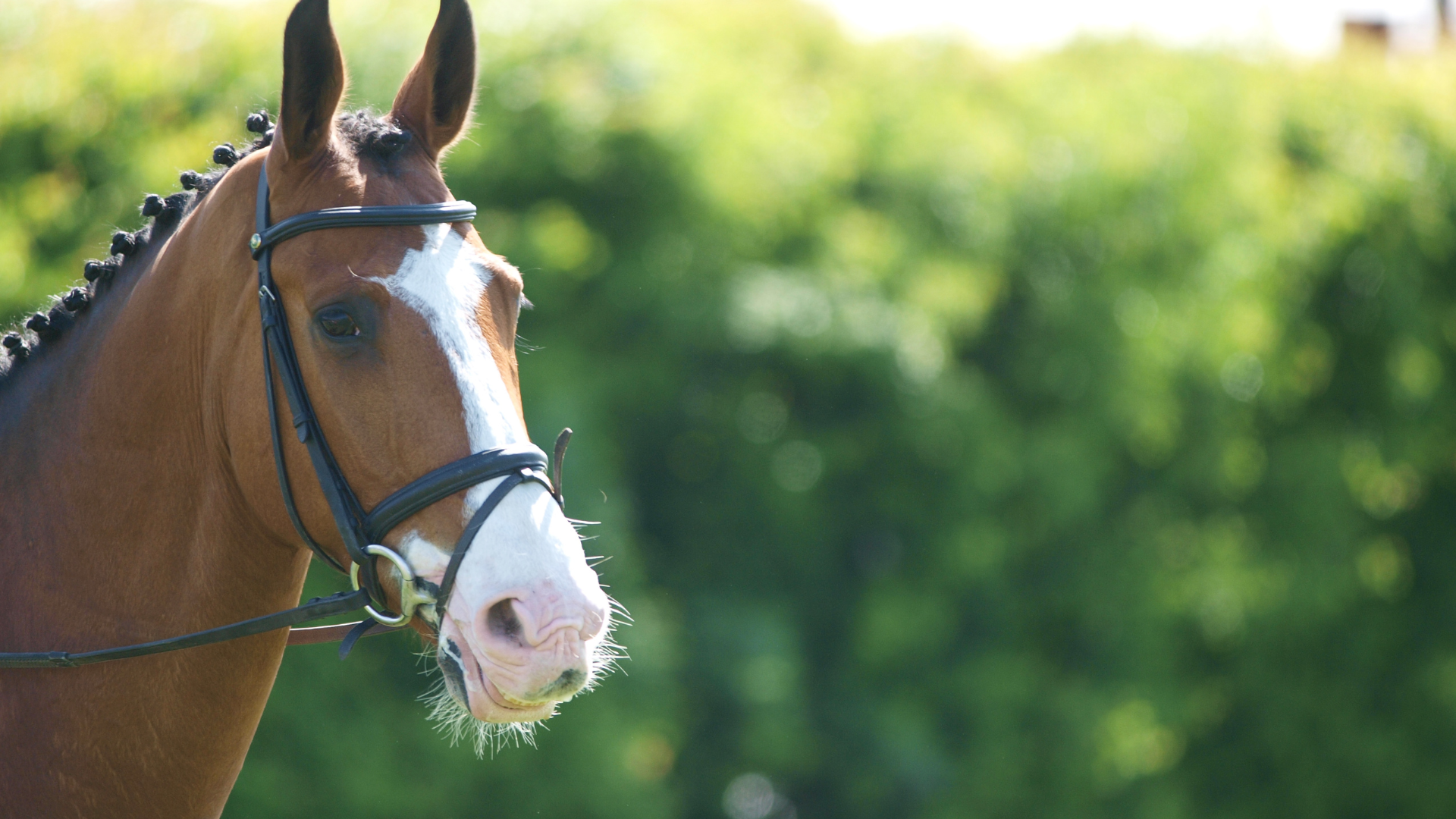
December 11, 2023
How To Get The Most Out Of Your Horse Forage During Winter

November 7, 2023
Which Hay Shall I Feed My Horse or Pony?
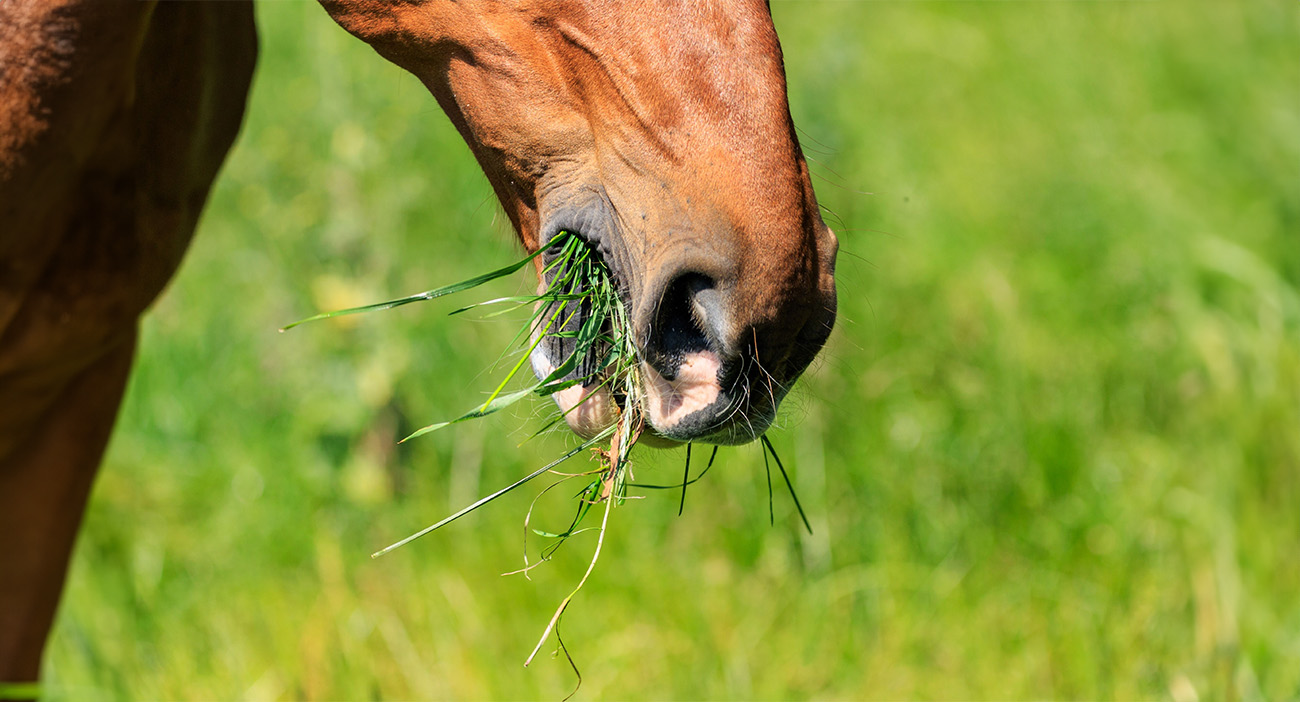
September 14, 2023
Hay Exportation – Why Choose British Hay?

April 24, 2023
Changing Your Horses Diet From Winter to Spring
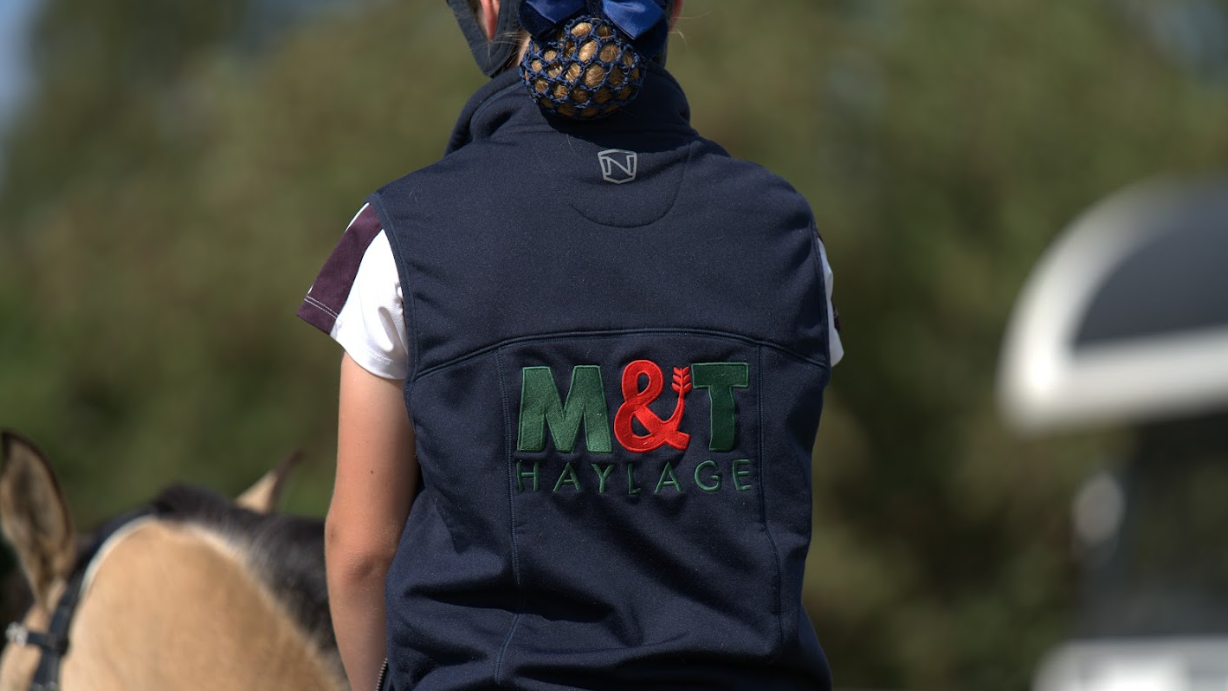
March 3, 2023
Hay vs Haylage: Which Is The Right Option For Your Horse?
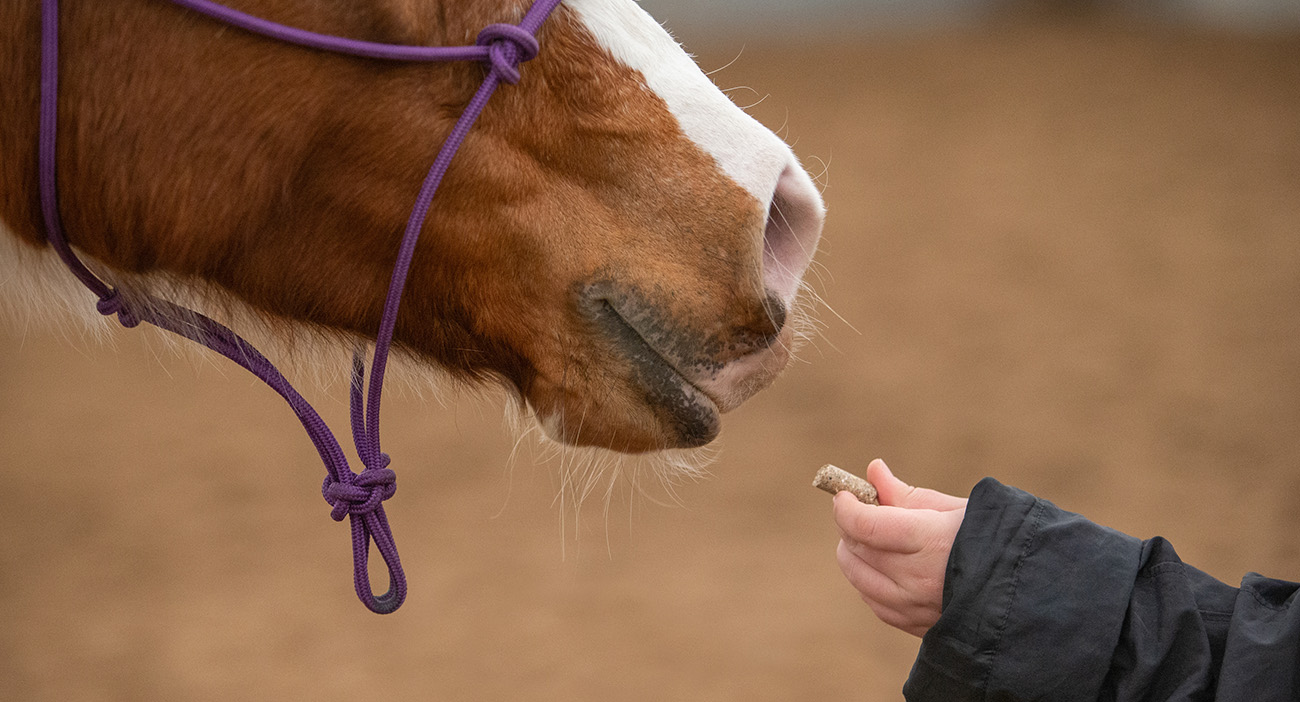
January 13, 2023
How To Bring A Horse Back Into Work After A Break
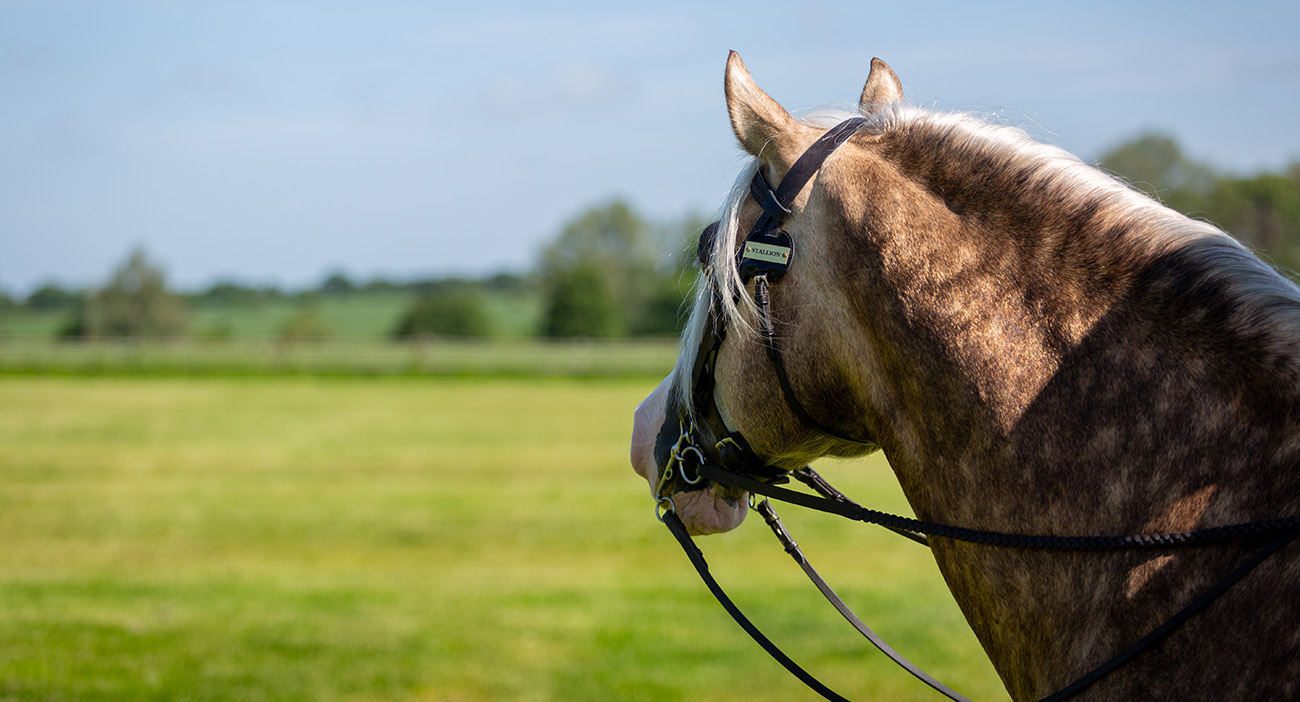
November 23, 2022
How To Body Condition Score Your Horse

November 7, 2022
Winter Feeding Tips For Horse Owners
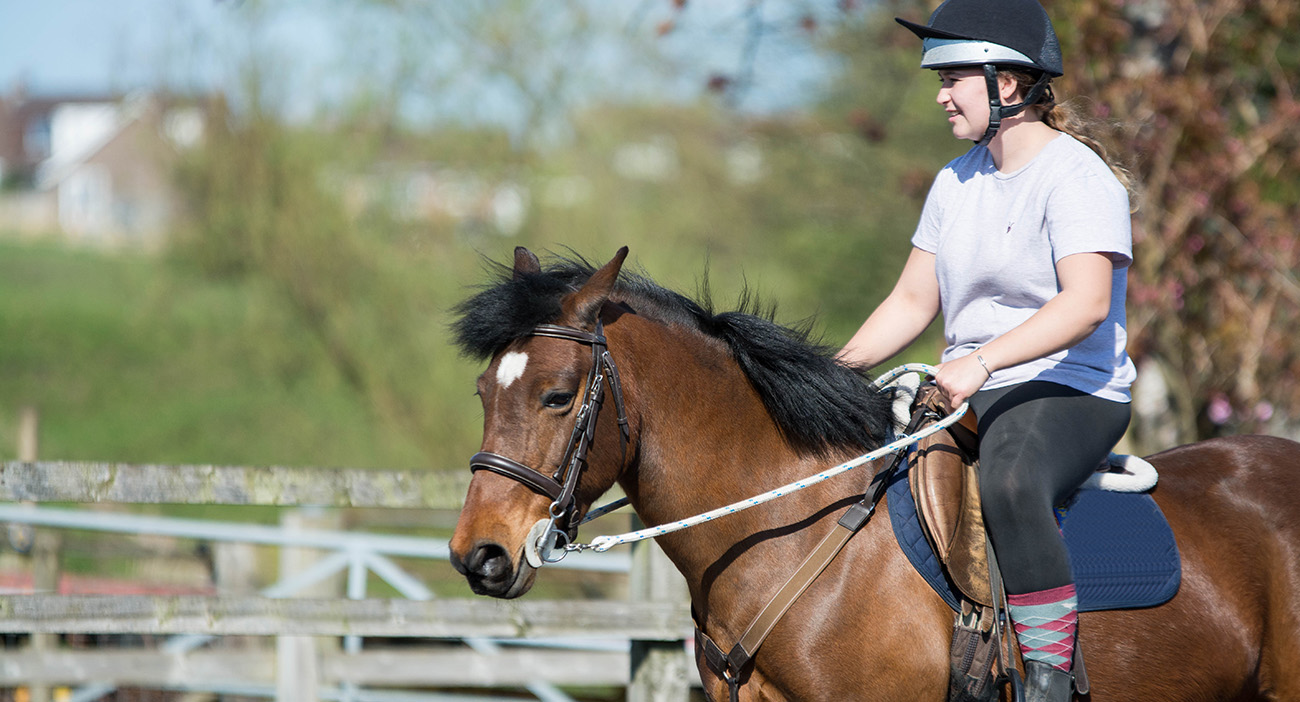
October 20, 2022
Money Saving Tips For Horse Owners
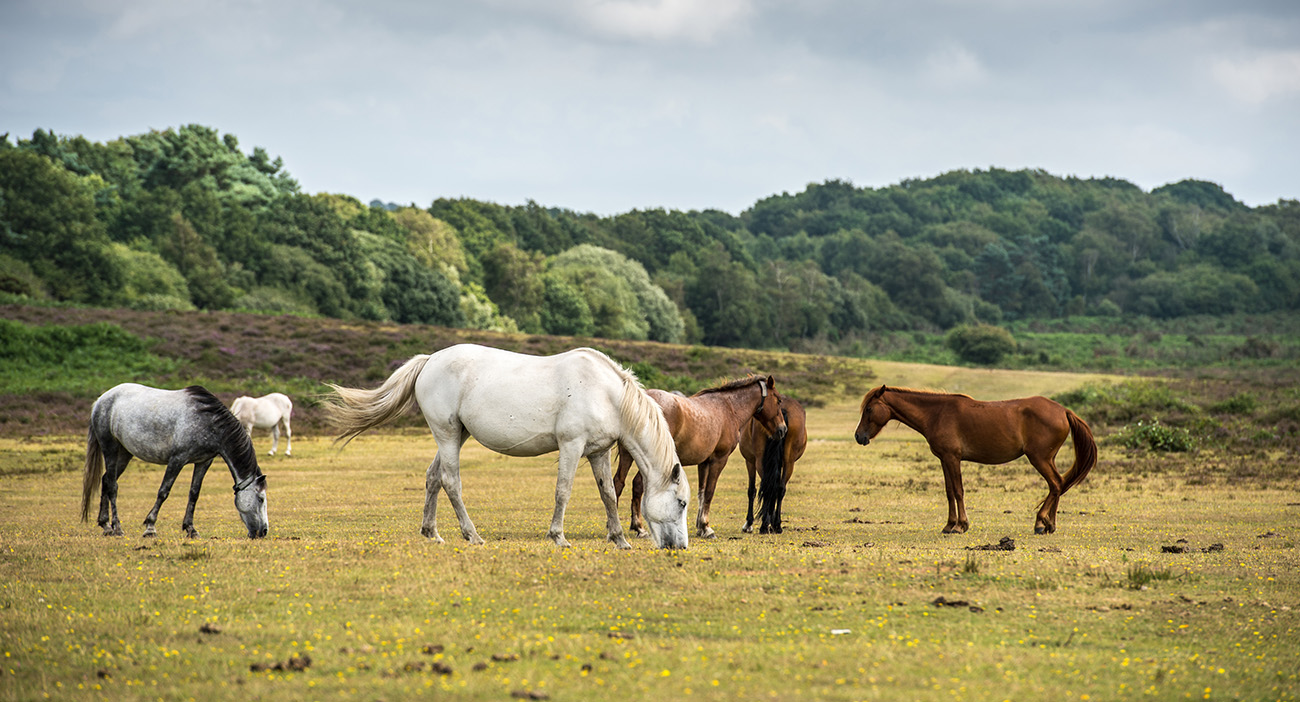
October 3, 2022
8 Ways To Keep Your Horse Entertained

September 30, 2022
Equestrian Question and Answer Session: Sophie Platt
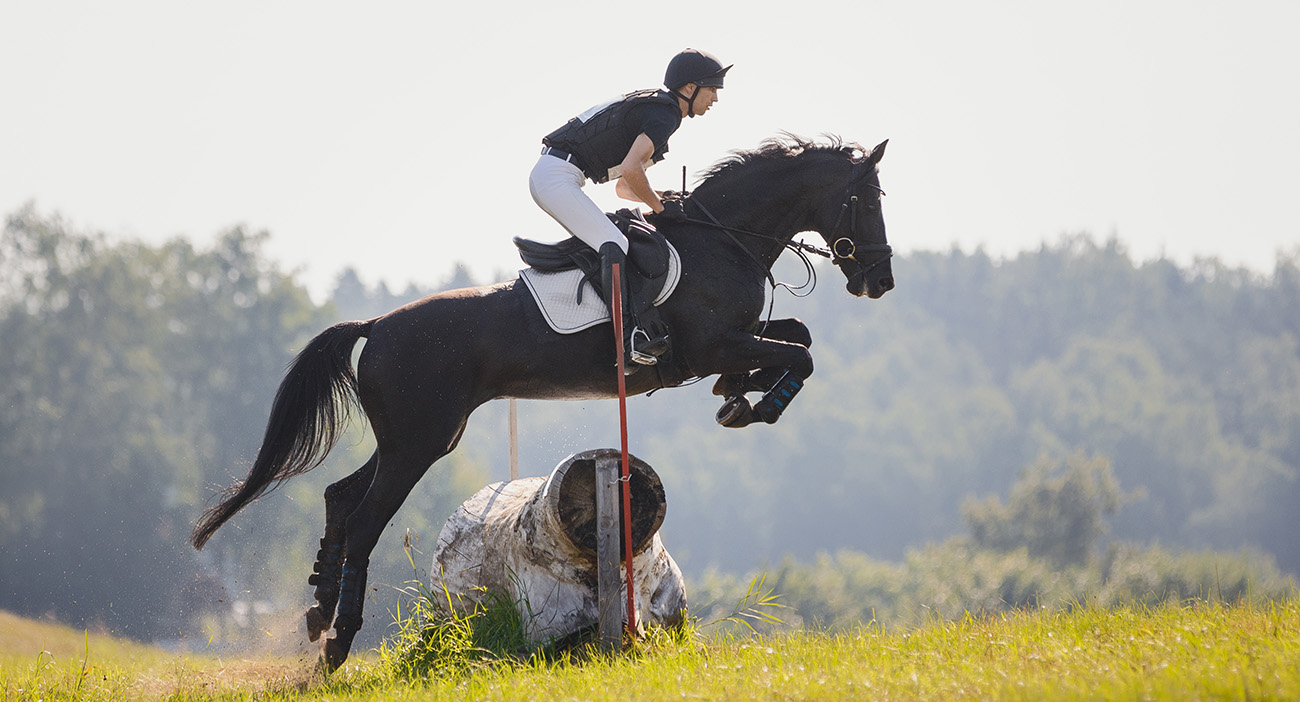
August 25, 2022
Preparing Your Horse For Competition
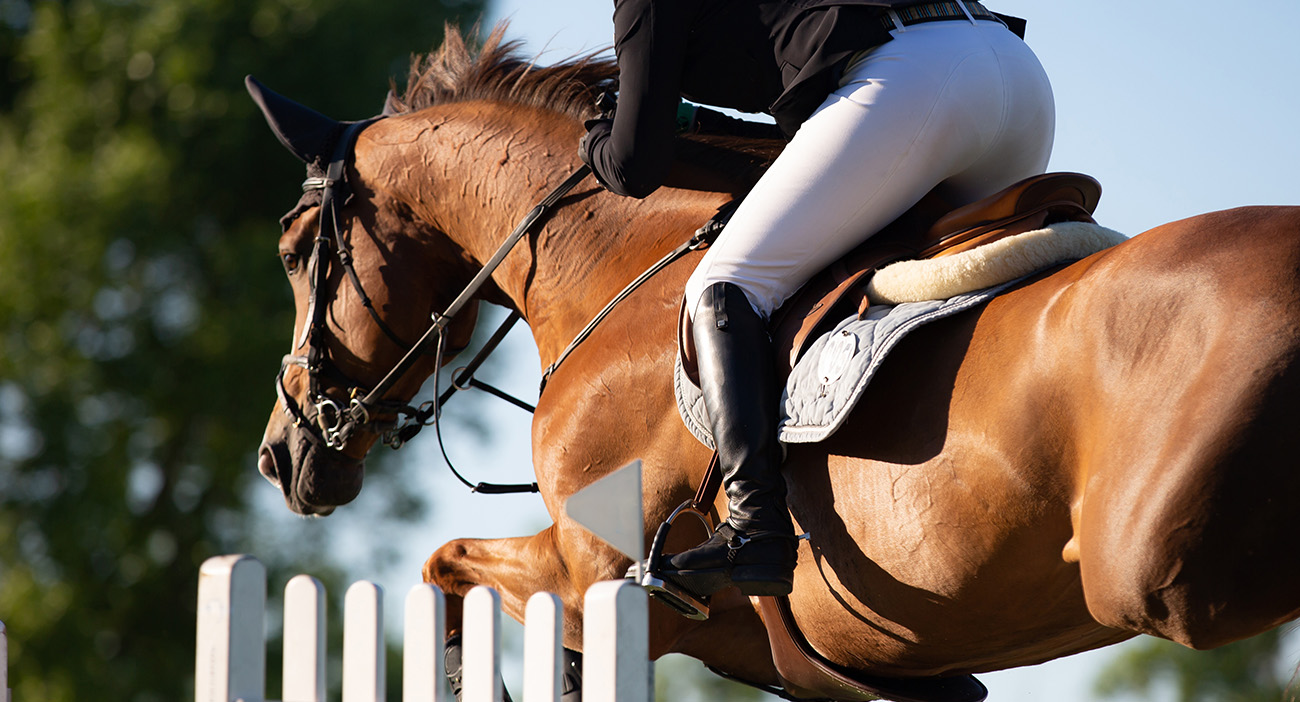
July 28, 2022
What Is Normal For My Horse?
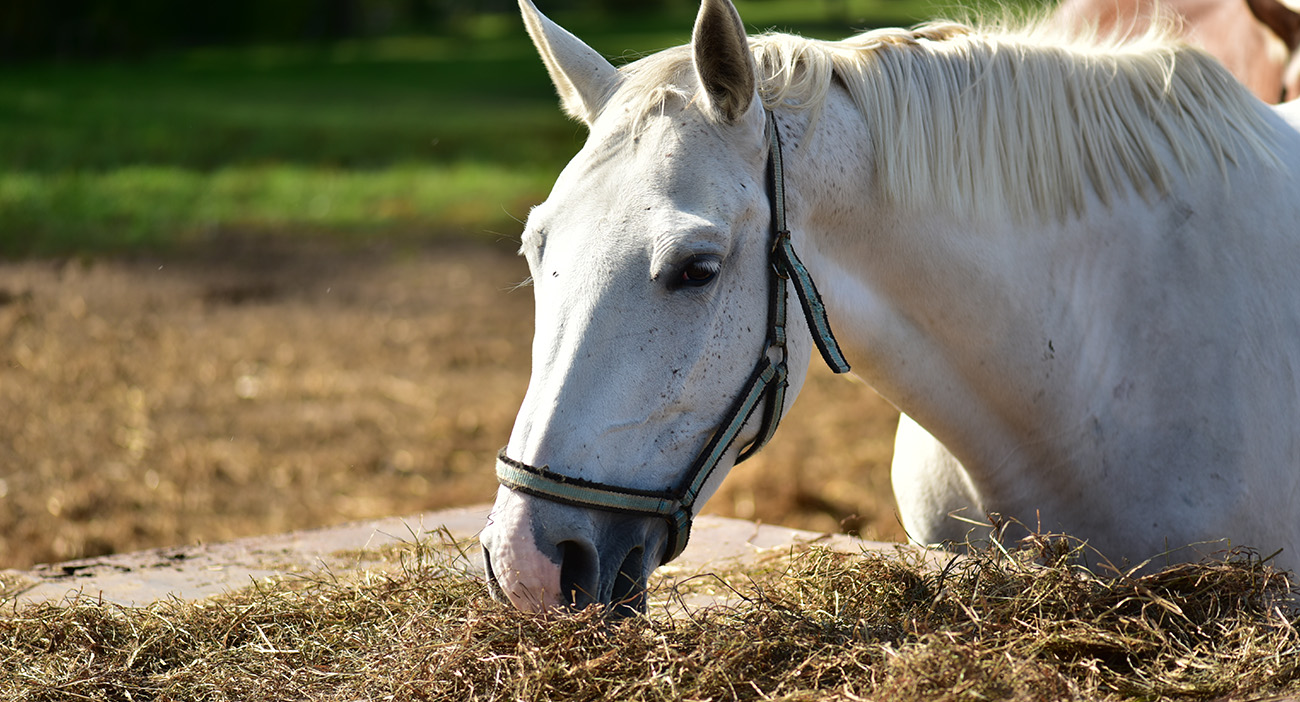
June 30, 2022
Compeition Horses: Managing Forage and Water Intake
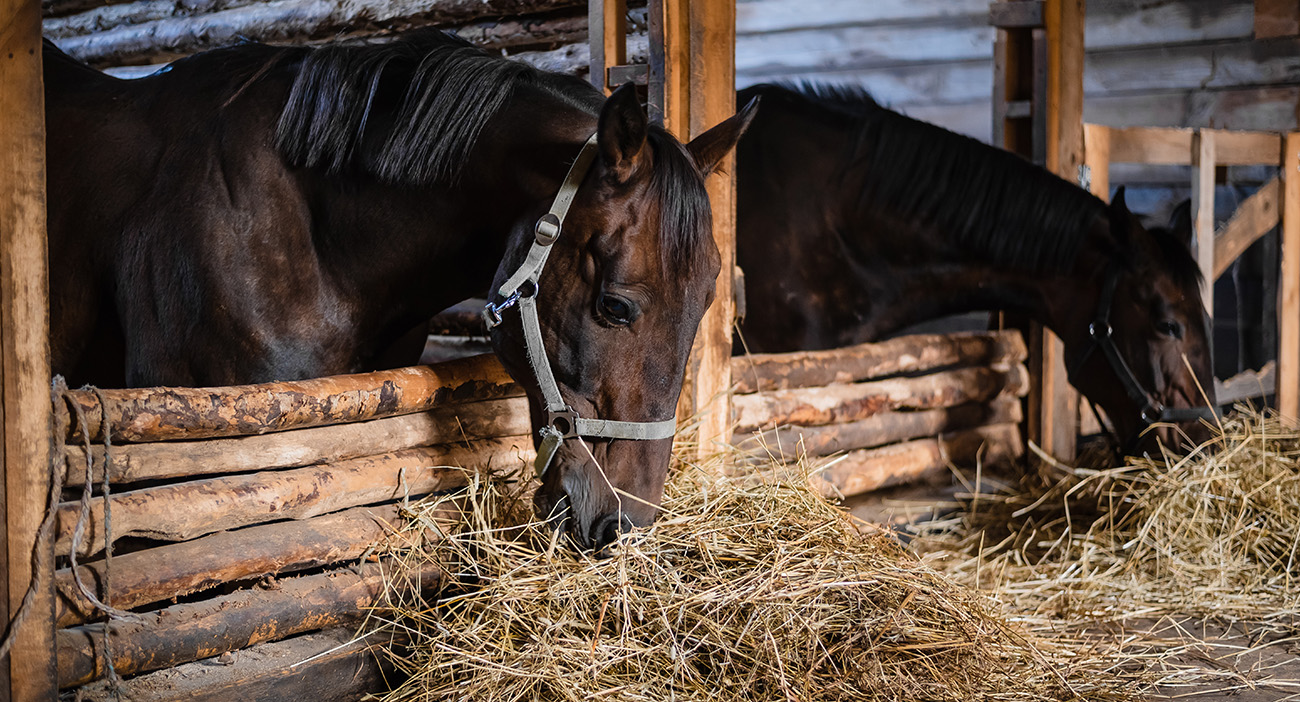
October 1, 2021
How To Feed EMS Horses: Nutritionist Top Tips For Horses
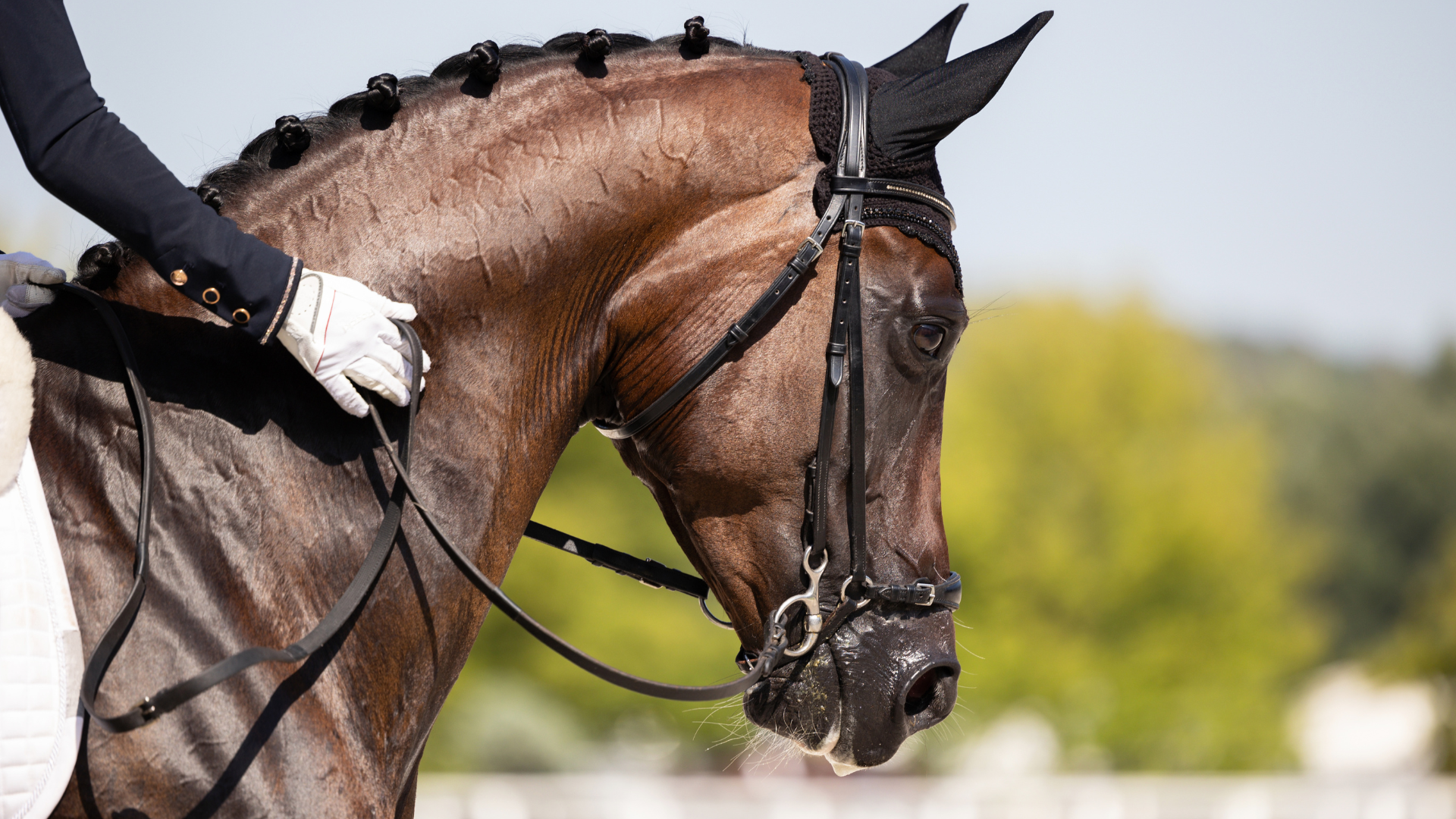
September 22, 2021
Feeding The Equine Athlete
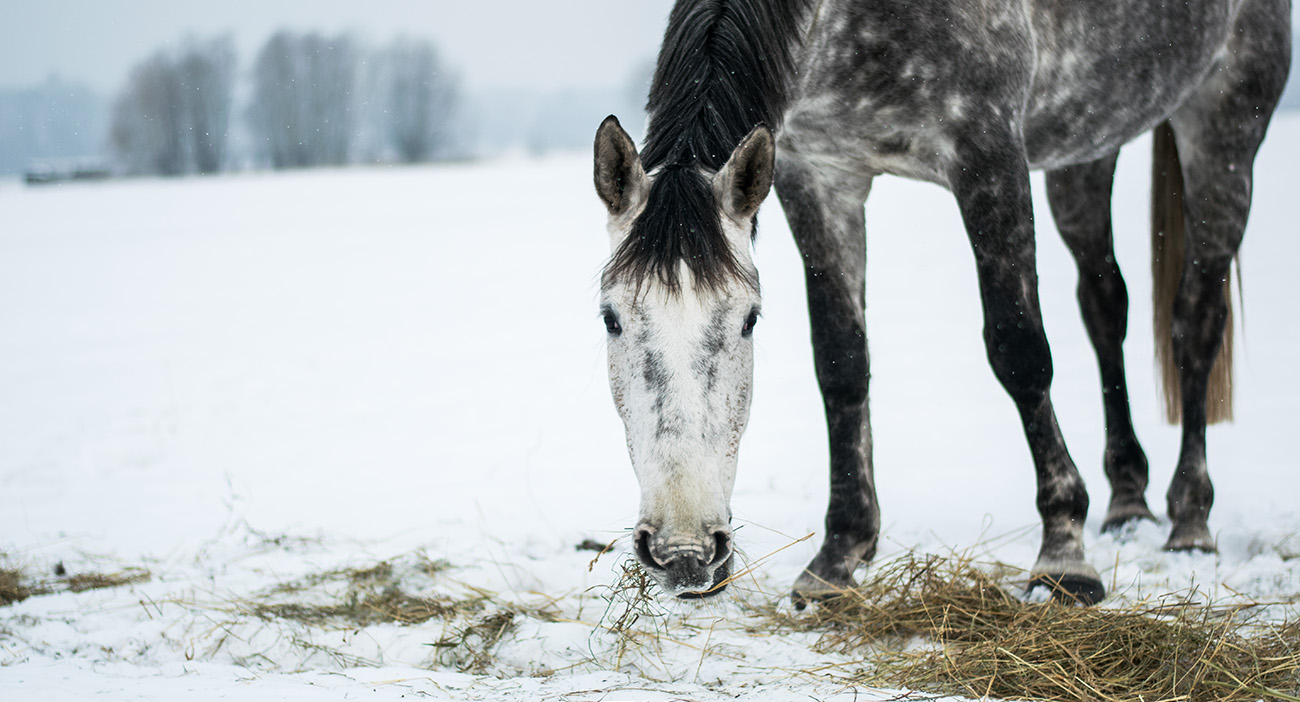
September 7, 2021
How To Feed Your Horse Indoors This Winter
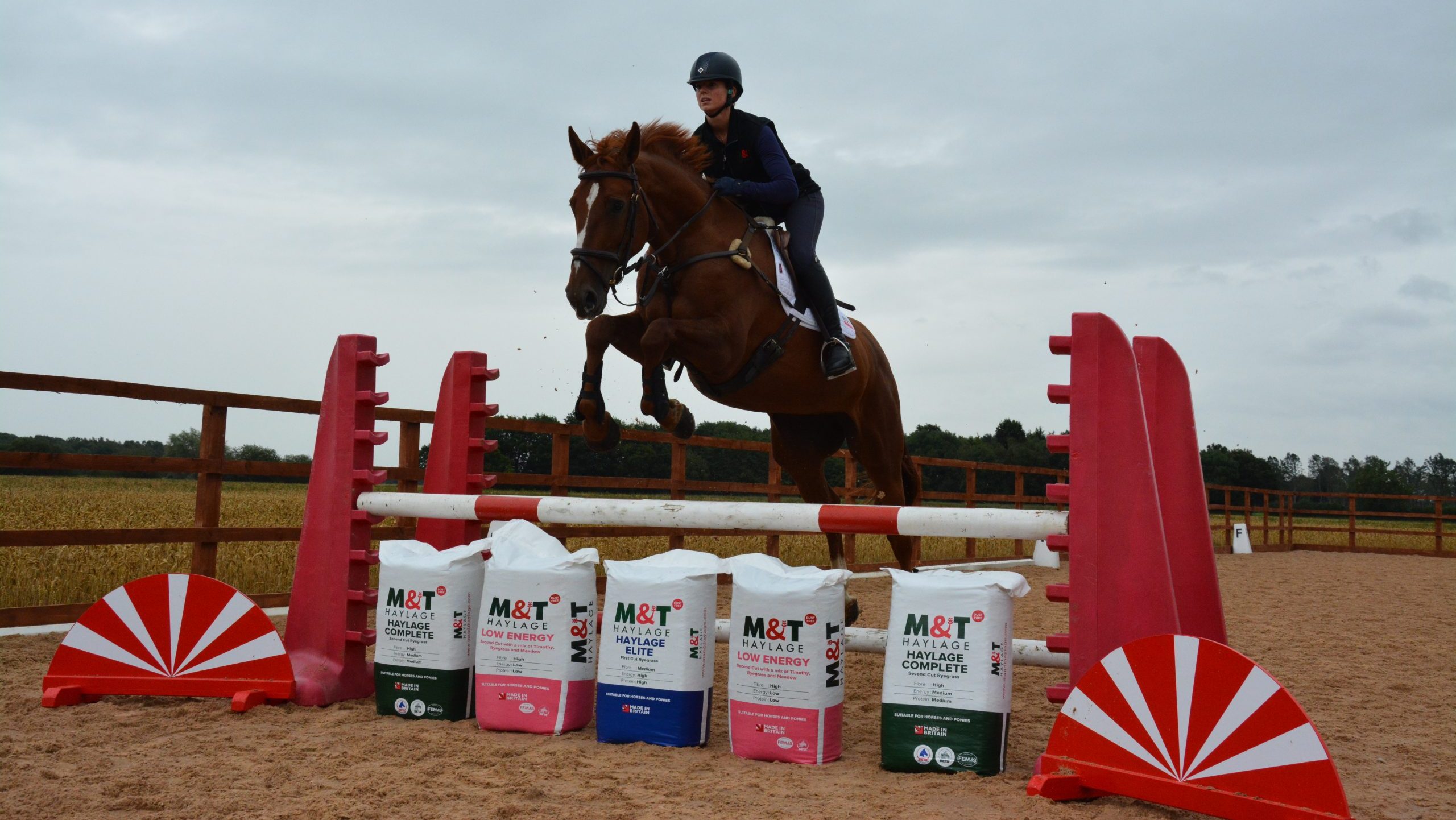
December 7, 2020
Premium Horse Forage: Ask The Nutritionist
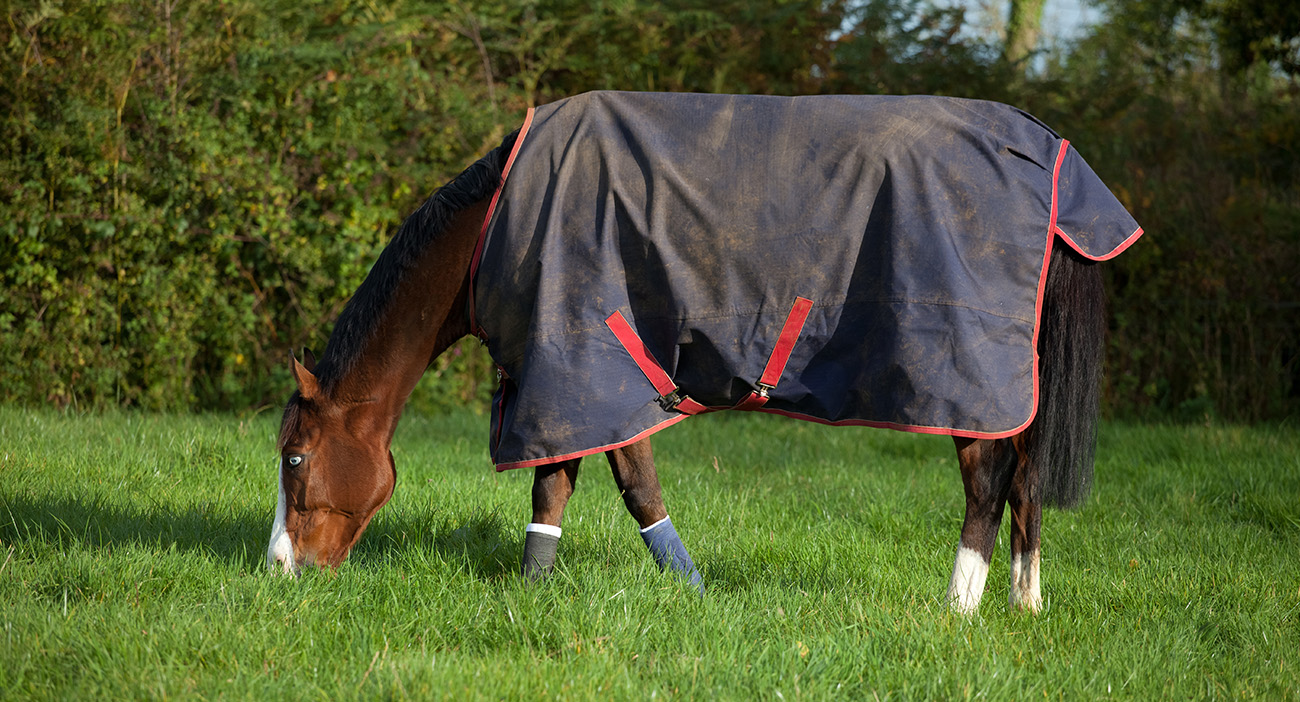
July 9, 2020
Top Tips For Managing Forage For Horses On The Go: Part One
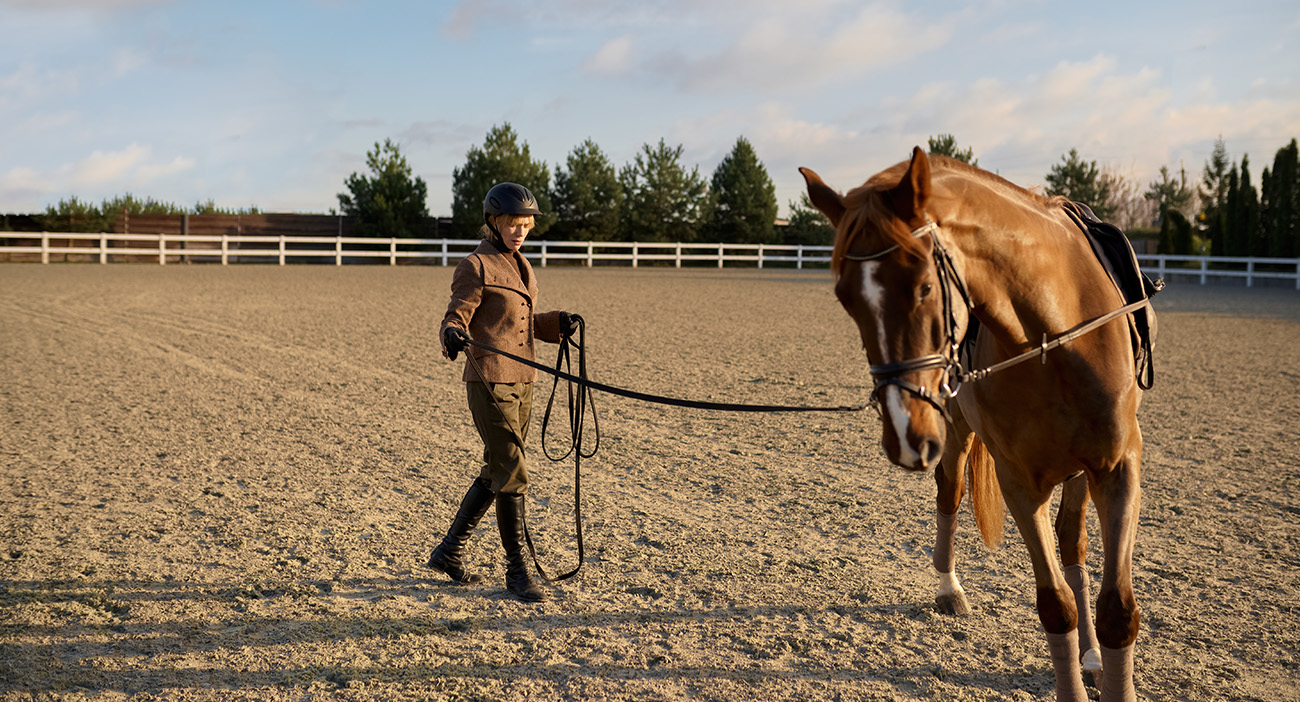
January 16, 2020
Haylage Myth Buster: Nutritionist Top Tips for Horses





